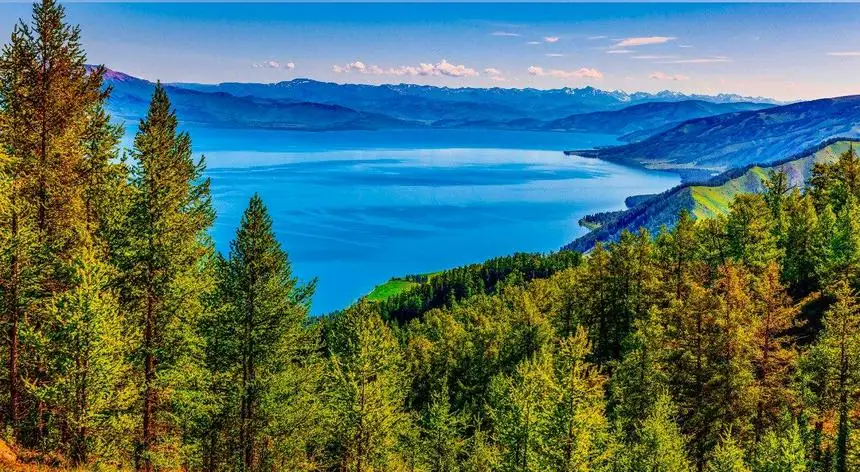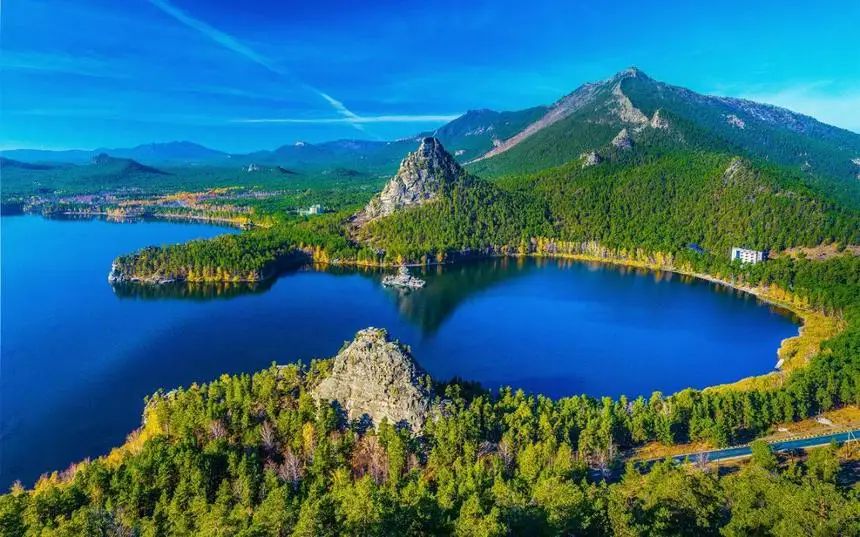Kazakhstan nominations included to UNESCO Global Network of Biosphere Reserves

Diplomats of the National Commission of the Republic of Kazakhstan for UNESCO and ISESCO and the Permanent Delegation of the Republic of Kazakhstan to UNESCO, as well as Mr. Roman Jashenko, Chairman of the National MAB Committee of the Republic of Kazakhstan and his Deputy Ms. Victoria Ilyina, participated in the session.
The Expert Council reviewed the documents submitted by the Kazakhstan National Committee of the UNESCO Man and the Biosphere Programme, evaluated the compliance of the nominated sites with the criteria of the UNESCO Man and the Biosphere Programme and decided to approve the State National Nature Park «Burabay», located in the Akmola region, and Markakol State Nature Reserve, located in the East Kazakhstan region, as biosphere reserves of the UNESCO World Network of Biosphere Reserves.

Currently, the UNESCO national network of biosphere reserves in Kazakhstan includes 15 natural reserves. This number of biosphere reserves is the largest in the countries of Central Asia. Undoubtedly, this demonstrates the attention of the world community to the conservation of biodiversity in Kazakhstan and the desire to preserve it for future generations.
For reference: UNESCO Biosphere Reserves are specially protected areas of terrestrial and coastal/marine ecosystems or a combination of such ecosystems internationally recognized under UNESCO's Man and the Biosphere (MAB) Programme. Their main purpose is to create a sustainable link between humans and nature without harming the environment and to enable the conservation of natural treasures for future generations. The World Network of Biosphere Reserves now comprises 738 biosphere reserves in 131 countries.

